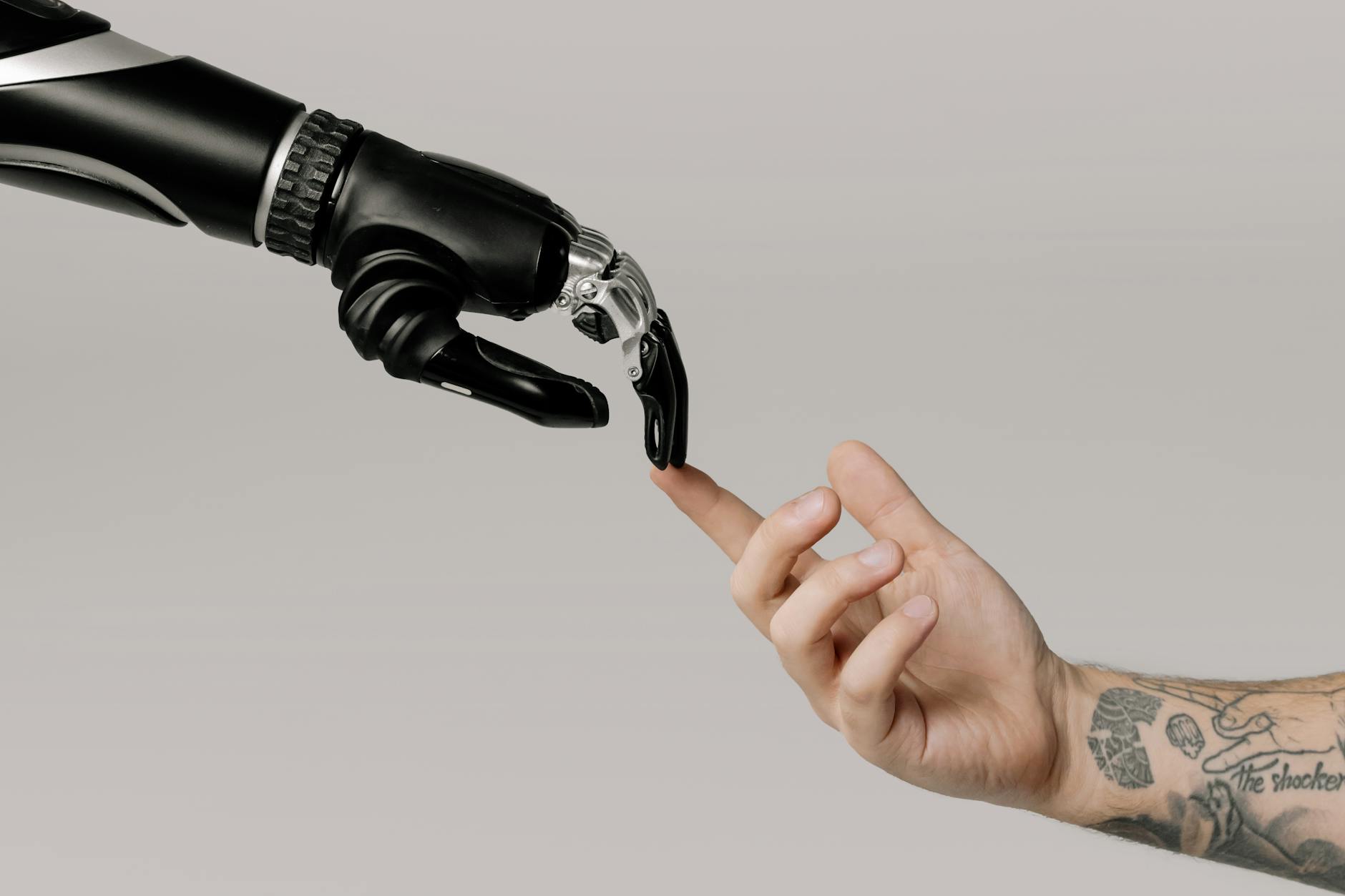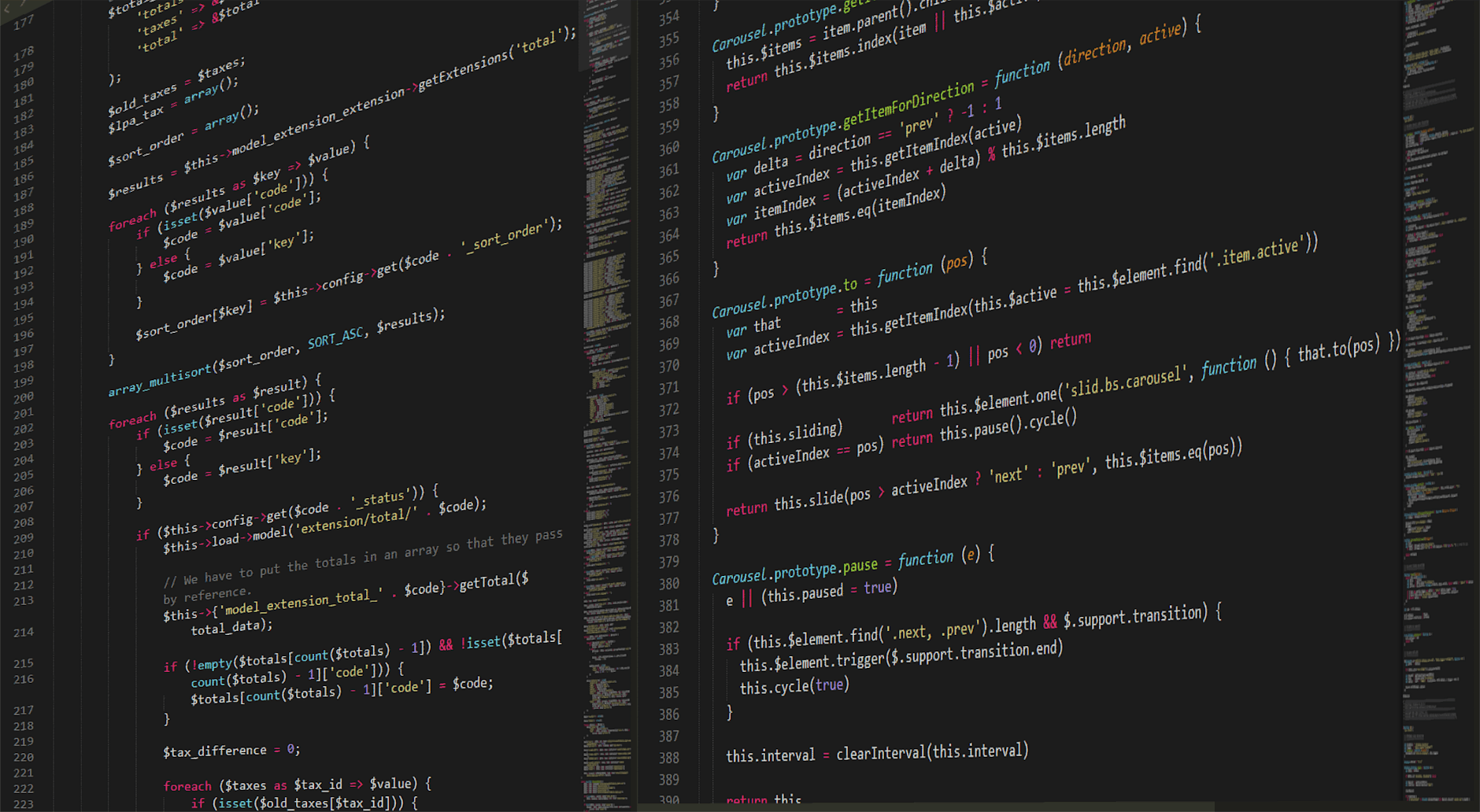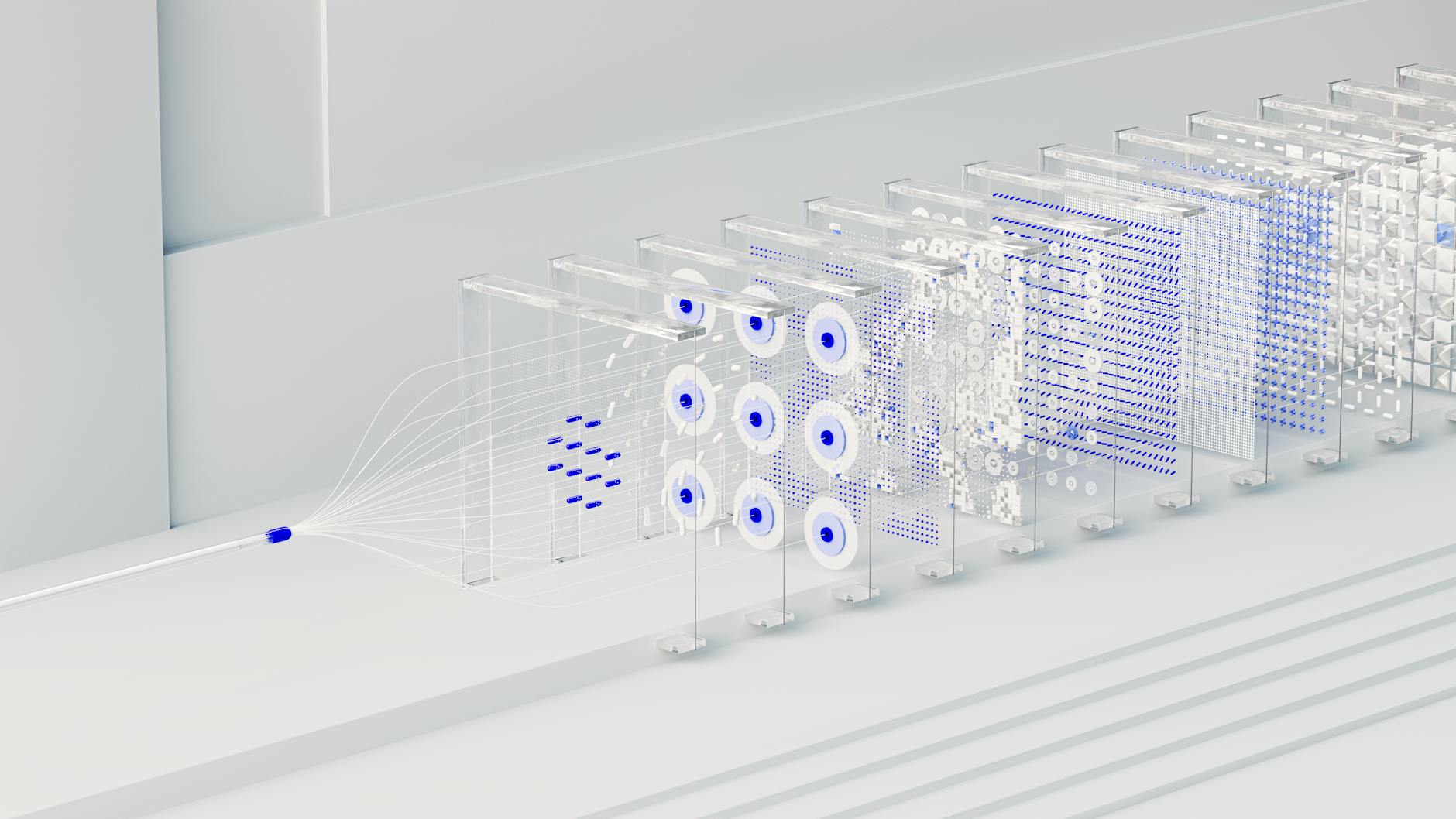Artificial intelligence (AI) has revolutionized project management, offering advanced tools and technologies that streamline processes, enhance decision-making, and optimize resource allocation. From automated task scheduling to predictive analytics, AI-powered project management tools are reshaping the way teams collaborate and execute tasks. In this blog post, we will explore the impact of AI on project management and examine the benefits of integrating these cutting-edge tools into your workflow.
Understanding Artificial Intelligence in Project Management
Artificial Intelligence (AI) is the simulation of human intelligence processes by machines, especially computer systems. It involves the creation of algorithms that enable a computer to perform tasks that would normally require human intelligence. In the context of project management, AI can analyze data, make predictions, and automate administrative tasks.
What is Artificial Intelligence?
AI in project management refers to the use of technologies that can understand, learn, and act based on the data they receive. It involves machine learning, natural language processing, and other advanced techniques to automate and optimize project-related processes.
The Role of AI in Modern Project Management
AI plays a pivotal role in modern project management by enabling better decision-making, resource allocation, risk assessment, and performance analysis. It helps in identifying patterns, trends, and insights from project data, thereby enhancing efficiency and productivity. AI also facilitates predictive modeling and forecasting, which are valuable for effective planning and execution of projects.  Photo by cottonbro studio
Photo by cottonbro studio
Top AI Project Management Tools in the Market
Artificial intelligence has revolutionized project management, offering innovative solutions that enhance efficiency and productivity. Here are some of the top AI-powered project management tools available in the market.
Asana and AI
Asana, a popular project management platform, has integrated AI to streamline workflows and automate repetitive tasks. With AI capabilities, Asana can analyze project data, predict potential roadblocks, and provide valuable insights for informed decision-making. The platform's AI features assist teams in optimizing resource allocation and enhancing overall project performance.
Trello and Automation Features
Trello, known for its intuitive interface and user-friendly approach, has incorporated automation features powered by AI. This enables users to automate routine tasks, set up triggers for specific actions, and enhance workflow efficiency. By leveraging AI, Trello empowers project managers to focus on strategic initiatives while automated processes handle mundane activities.
Jira Software
Jira Software harnesses the power of AI to deliver enhanced project management capabilities. Through AI-driven analytics and predictive modeling, Jira efficiently identifies potential risks, analyzes complex data patterns, and provides real-time insights for proactive decision-making. This empowers project teams to mitigate risks, optimize resource allocation, and drive project success.
Monday.com’s AI-Powered Insights for Project Planning
Monday.com incorporates AI-powered insights that offer valuable assistance in project planning and execution. The platform utilizes AI to analyze project data, identify trends, and provide actionable recommendations for optimized project strategies. By leveraging AI-driven insights, project managers can make data-informed decisions, mitigate risks, and drive project performance to new heights.
 Photo by Pixabay
Photo by Pixabay
Key Features of AI Project Management Tools
Artificial Intelligence (AI) project management tools come equipped with key features that effectively streamline project operations and enhance decision-making processes.
Task Automation and Scheduling
Task automation is an essential feature of AI project management tools, allowing for the automation of repetitive tasks, thus optimizing productivity. Through AI-driven scheduling, these tools can efficiently allocate resources, set deadlines, and manage dependencies, ensuring smooth project progression.
 Photo by ThisIsEngineering
Photo by ThisIsEngineering
Real-Time Data Analysis
AI project management tools offer real-time data analysis capabilities, enabling teams to make data-driven decisions promptly. By processing and interpreting large volumes of data in real time, these tools provide valuable insights into project performance and potential areas for optimization.
Predictive Analytics for Risk Management
With predictive analytics, AI project management tools can forecast potential risks and identify critical areas that may impact project timelines and deliverables. By leveraging historical data and machine learning algorithms, these tools empower project managers to proactively mitigate risks and uncertainties.
 Photo by Lukas
Photo by Lukas
AI-Driven Resource Allocation
AI project management tools utilize advanced algorithms to optimize resource allocation based on project requirements, team capacities, and constraints. This proactive approach ensures efficient utilization of resources, minimizing bottlenecks and enhancing overall project productivity.
These key features empower project teams to operate with precision and agility, driving successful project outcomes.
Advantages of Using AI for Managing Projects
Artificial Intelligence (AI) is revolutionizing project management, offering numerous advantages that enhance efficiency and accuracy while optimizing team collaboration.
Enhanced Efficiency and Time Savings
AI-powered project management tools streamline tedious tasks, enabling teams to focus on strategic decision-making. By automating repetitive processes, AI significantly reduces manual workload, allowing project managers to allocate their time effectively and improve overall project productivity.
Improved Accuracy in Project Forecasting
AI leverages historical project data and complex algorithms to provide accurate project forecasting. By analyzing patterns and trends, AI tools can predict potential project risks and deviations, enabling proactive measures to mitigate adverse impacts on project timelines and budgets.
 Photo by Pixabay
Photo by Pixabay
Customized Reporting Through Machine Learning
AI's machine learning capabilities enable the generation of customized, detailed project reports. These reports offer actionable insights and visualizations tailored to specific project requirements, empowering stakeholders with real-time, data-driven decision-making support.
Optimizing Team Collaboration with AI
AI fosters seamless collaboration by facilitating intelligent task assignment, resource allocation, and progress tracking. Through predictive analytics, AI tools enhance coordination among team members, ensuring efficient utilization of skills and resources for successful project execution.
 Photo by Pixabay
Photo by Pixabay
Challenges and Considerations
Artificial Intelligence (AI) project management tools offer numerous advantages, including enhanced efficiency and decision-making capabilities. However, the adoption of AI tools also presents several challenges and considerations that businesses must carefully address. Understanding these limitations and ethical, security, and practical considerations is crucial for successful AI implementation.
Understanding the Limitations of AI Tools
While AI technologies showcase remarkable capabilities, it's essential to recognize their limitations. AI tools heavily rely on data, and businesses may encounter challenges related to data quality, completeness, and availability. Insufficient or inaccurate data can lead to biased or unreliable AI models, resulting in flawed predictions and decision-making. Understanding these limitations is crucial for leveraging AI effectively and minimizing the impact of data-related challenges on project management.
The Importance of Human Oversight in AI Projects
Despite the advancements in AI, human oversight remains indispensable in AI projects. Ethical considerations, such as privacy, fairness, transparency, and accountability, are critical aspects that necessitate human intervention. Businesses must ensure that AI algorithms and systems are developed and deployed in an ethical manner, addressing issues like bias, discrimination, and the responsible handling of customer data. Incorporating human oversight ensures that ethical considerations are upheld, contributing to the responsible and transparent use of AI tools in project management.
 Photo by Google DeepMind
Photo by Google DeepMind
Data Privacy and Security Concerns with AI Tools
AI tools introduce data privacy and security considerations that demand proactive measures. Businesses need to safeguard sensitive information and adhere to data protection regulations. AI technologies may be subject to various regulations, such as data protection, privacy, and consumer rights. Compliance with these regulations, especially in highly regulated industries, can pose challenges for businesses. Ensuring robust data privacy and security measures is imperative to mitigate potential risks and build trust in the use of AI tools for project management.
Case Studies: Successful AI Project Management Implementations
Artificial Intelligence (AI) has transformed project management in various sectors, leading to improved efficiency and productivity. Tech companies, construction firms, and non-profit organizations have all utilized AI to streamline their project management processes.
How AI Revolutionized Project Management in Tech Companies
In tech companies, AI has revolutionized project management by introducing predictive analytics and automation tools. By leveraging AI algorithms, tech project managers can now accurately forecast project timelines, identify potential risks, and optimize resource allocation. This has resulted in faster development cycles and improved product quality. Moreover, AI-driven project management tools have empowered teams to collaborate seamlessly, leading to enhanced overall performance.
AI Project Management in Construction
In the construction industry, AI has proven instrumental in optimizing project schedules, resource management, and safety protocols. By analyzing historical project data and environmental factors, AI-driven project management systems can forecast potential delays and cost overruns, enabling construction firms to proactively mitigate risks. Furthermore, AI-powered drones and sensors have enhanced job site monitoring, ensuring compliance with safety regulations and efficient progress tracking.
Non-Profit Organizations Benefit from AI Project Management
Non-profit organizations have also embraced AI for project management, particularly in resource allocation and impact assessment. By utilizing AI algorithms, non-profits can optimize donor funding distribution, identify areas for intervention, and measure the effectiveness of social impact initiatives. AI-driven project management solutions enable non-profit leaders to make data-driven decisions, maximize their impact, and ensure efficient utilization of resources.
 Photo by Pixabay
Photo by Pixabay
Future of AI in Project Management
Artificial intelligence (AI) is set to revolutionize project management in the coming years, with several innovations on the horizon. These developments will significantly impact the way projects are planned, executed, and monitored.
Innovations on the Horizon for AI Tools
AI tools are expected to become more sophisticated, offering advanced capabilities such as predictive analytics, intelligent automation, and natural language processing. These tools will enable project managers to make data-driven decisions, optimize resource allocation, and anticipate potential roadblocks before they arise.
 Photo by Andrea Piacquadio
Photo by Andrea Piacquadio
The Growing Role of AI in Remote Work Management
As remote work becomes increasingly prevalent, AI will play a critical role in facilitating efficient collaboration and communication among geographically dispersed project teams. AI-powered tools will streamline virtual meetings, enhance digital project management platforms, and provide valuable insights into team productivity and engagement.
Preparing for the AI-Driven Project Management Landscape
Organizations need to prepare for the paradigm shift towards AI-driven project management by investing in employee training and upskilling. Additionally, they must focus on integrating AI tools into their existing project management processes and data infrastructure. This proactive approach will ensure a smooth transition to the AI-driven project management landscape, maximizing the benefits of these technological advancements.
Conclusion
In conclusion, the integration of artificial intelligence in project management tools has the potential to revolutionize the way projects are planned, executed, and monitored. By leveraging AI capabilities such as predictive analytics, natural language processing, and automation, project managers can expect improved decision-making, streamlined processes, and enhanced efficiency. As AI continues to advance, it is imperative for project management professionals to stay informed about the latest developments and embrace the opportunities that AI-powered tools offer in order to stay competitive in the rapidly evolving landscape of project management.


No comments yet